It’s 3pm on a rainy Monday and Sara McCorquodale is nursing a cup of tea in a low-lit corner of a Surry Hills cafe. With its millennial-pink marble tables and sharp-angled retro chairs, it’s the kind of cafe that offers endless opportunities for the perfect Instagram snap.
But although McCorquodale is an expert when it comes to Instagram, and also boasts a healthy personal social media following of several thousand followers across LinkedIn and Instagram, there’s little chance she’s about to whip out her phone and post a picture of her croissant to social media.
McCorquodale knows influencers. But she has no desire to be one. Instead she’s built a career as one of the world’s leading experts on the influencer phenomenon.
Confused? Your savviness when it comes to “influencers” – the social media stars who document the details of their lives on Instagram or Youtube – probably depends a lot on your age and the industry in which you work.
If you’re under 40 or work in media or advertising, influencers may already be a part of your daily life, both personally and professionally. Perhaps you follow fashion bloggers like Sara Crampton of Harper and Harley, who posts stylish photographs of herself to Instagram. Or maybe you’re one of the 270,000 beauty enthusiasts who subscribes to beauty vlogger Sharon Farrell’s YouTube channel. Or one of the 33,000 people who follow environmental blogger Alexx Stuart of Lowtox Life on Instagram. On the other hand, if you’re not a regular social media user, influencers can be a confusing proposition – or a dubious one, synonymous with a very particular brand of vacuous millennial fame.
But whatever your opinion, there is one undeniable fact: influencers are now a multi-billion-dollar industry. In fact, by next year, the global influencer economy is projected to be worth a cool $AUS10 billion. “Influencers own the internet,” says McCorquodale, the founder and CEO of influencer intelligence agency CORQ and the author of a new book on the subject, Influence.“And when an industry starts to be valued in billions then we have to start taking it seriously.”
Last year alone, there were 3.7 million brand-sponsored influencer posts on social media, according to global business database Statista, and that’s predicted to rise to nearly five million this year. Each of these branded posts – spruiking everything from wine to teeth whitening gel – can command anywhere from several hundred dollars to several hundred thousand dollars, depending on the influencer. (Famously, Kylie Jenner is said to demand $1 million for a single post.)
Yet despite the size of the industry, there is relatively little regulation. Fake followers can be bought online, and some influencers are less than candid about which products they genuinely love – and which ones they’re being paid to promote (despite new legislation).
This is where McCorquodale comes in. “This industry requires critique,” she says. “I think we can and we do have to question it.”
McCorquodale launched CORQ earlier this year, and now helps global brands such as Estee Lauder and News International (publisher of The Sunday Times) to identify and vet social media talent. This makes her one of the world’s few independent experts on the influencer economy, and she is meeting me as part of a trip to Australia to promote her book and new business.
In person, she is sweet and friendly, with a heart-shaped face, a ready laugh and a soft Scottish accent. But beneath the charming, stylish exterior it is clear that she is both smart and highly ambitious. When we meet she is jet-lagged, having only been in Australia for a matter of hours, yet has a day of meetings and interviews planned. About two-thirds of the way through our interview, she mentions, almost off-handedly, that launching CORQ was complicated by the fact that she gave birth to her second child just four months ago (he is at home with his father and brother while she is in Australia). She must be exhausted, but breezes through the interview, clearly passionate about CORQ.
“Basically,” she explains of the business, “we’re a team of journalists and we research social platforms to find people who are doing interesting things,” she explains during a promotional trip to Sydney. “And then we journalistically research each person to find out who they are as people: what do they like and what don’t they like? Do they drink alcohol? Are they vegan?” This information is then combined with data about an influencer’s audience and engagement, to help brands find the best ambassadors for their product.
McCorquodale, a former journalist, first realised the power of influencers while working as the digital editor of British society glossy magazine Tatler, during the height of the popularity of the reality TV show Made In Chelsea. After observing how well content about the TV stars performed online, partnering with them was a natural progression – and soon Tatler’s digital audience began to grow “exponentially”.
After Tatler, there were stints at women’s website mydaily.co.uk and then the global trend forecasting agency WGSN. But after McCorquodale had her first baby, who was unwell with a rare blood disorder, she found herself struggling to manage her workload, and quit. “I remember thinking, ‘I cannot do this anymore. My kid’s unwell. I keep missing his bedtime. I haven’t seen my husband for weeks.”
With no job to go to, the ambitious 30-something began consulting for luxury brands like Jo Malone, and was also hired to grow the social audiences of two influencers’ projects, and it was this experience that delivered her ‘aha’ moment.
One of the women she was hired to assist was an international supermodel, who had appeared on the covers of magazines and billboards; the other was an interiors expert who had spent several decades in the industry and had just a few thousand followers on Instagram. On paper, the supermodel, with more than a million social media followers, was the more influential; but in fact few of her followers were prepared to buy the products she promoted. “The reality was her audience simply didn’t care. They wanted to see pictures of her and would like them in droves, but she couldn’t command them to do anything,” she explains in Influence.
Her audience simply didn’t care. They wanted to see pictures of her but she couldn’t command them to do anything.
The interiors expert, on the other hand, had a passionate audience who respected her authority, asked questions, and jumped at the opportunity to attend her events, meaning she was easily able to convert her social following into paying customers. “At this point, I started to question the metrics upon which this emergent industry of digital influence was being judged,” she reflects in Influence. “This was 2016, and mass was valued most.”
The key determiner of influence, she soon realised, was not follower count but authority in a specific area. Without authority, a social media star was merely an entertainer, and had little influence over their followers – a crucial distinction for brands.
Soon afterwards, McCorquodale found herself presenting to an investor, who approached her afterwards and encouraged her to “think bigger and develop a product”. The result was CORQ, which McCorquodale is now launching in Australia.
It is clear that McCorquodale respects the influencers upon which she has based her business. “I think that anyone who has started a business knows how incredibly hard it is to get that business off the ground – and that’s essentially what every influencer has done. You know, it takes a huge amount of work to get a significant number of people to follow you on social media.”
It takes a huge amount of work to get a significant number of people to follow you on social media.
McCorquodale concedes that there are dodgy operators, pointing to travel influencers who have been caught superimposing themselves on to photographs of exotic locations to convince followers they’ve been there, and recounting the story of one unnamed YouTuber who was paid (GBP) 10,000 to produce a video promoting a new film – and got the name of the film wrong. “And he refused to change the video and demanded to be paid!” A relatively recent trick is for influencers to buy fake “engagement” (likes or comments under a post) to convince brands their content is resonating.
Other influencers are ruthlessly commercial. Several influencers refused to be interviewed by McCorquodale for her book without payment, for example.
And yet McCorquodale cautions against accepting the negative view of social media stars often pushed by mainstream media. (A few weeks before we meet, Vanity Fair publishes a damning piece about Bryon Bay surfing mothers that goes viral.) “I think that when traditional media writes about influencers it’s with a bit of a sneer, which is I think is unfair. Some influencers have larger audiences than an entire media brand, and I think that consciously or subconsciously [media] can be trying to delegitimise what they do.”
And besides, she argues, in many ways the industry is moving in a positive direction. “People are leaning towards more realistic depictions on social media. I think Instagram is changing. People are bored of the perfect images – you know the girl in a hat or in a bikini standing in front of a waterfall. Or a girl in top-to-toe designer clothing standing in front of an incredible house in a city where a property costs a bomb. There has been such a glut of that.”
People are bored of Instagram’s perfect images. There has been such a glut of that.
Instead, many influencers are beginning to use their platform to share their experiences with mental health or to show unretouched or naked photos of their post-body babies. And while it might be tempting to view these posts as just another ploy for attention, McCorquodale is less cynical. “Part of me thinks, yes, potentially they’re doing it for the engagement. Then another part of me thinks, ‘Why shouldn’t we see bodies like that? We’ve never seen bodies like that in the media.”
She believes that influencers have the ability to effect real change and even impact brand behaviour, and recalls a recent event starring two social media stars. “Two really prominent influencers wouldn’t sit on the stage until the plastic water bottles had been removed. They didn’t want the backlash if they were photographed near them. They didn’t want the trolling.
“And if influencers won’t even sit next to single-use plastic then at what point are they going to start saying, ‘Well, I can’t work on that new shampoo campaign because it’s single-use plastic?”
The savviest influencers she says, are already looking beyond the platforms that made them famous, and parlaying their success into new businesses. “They’re looking at all of this in a long-term way, rather than just riding the wave of Instagram,” says McCorquodale, pointing to Australian Elle Ferguson who recently launched a beauty range, The Elle Effect. Other influencers are taking things one step further and investing their influencer profits in entirely separate businesses. “There’s one influencer I know who has a wig business and it operates entirely separately with a separate team and she doesn’t talk about that.”
Other forward-looking social media stars are already talking about what comes next – once Instagram falls away as Facebook and MySpace did before it- and even toying with the possibility of trying to produce a new platform themselves. McCorquodale also predicts that in the near future many influencers will launch independent media companies “which will inevitably be acquired by even larger media companies”. Whatever happens, you can be sure that McCorquodale will have seen it coming.
Influence by Sara McCorquodale is available online now.
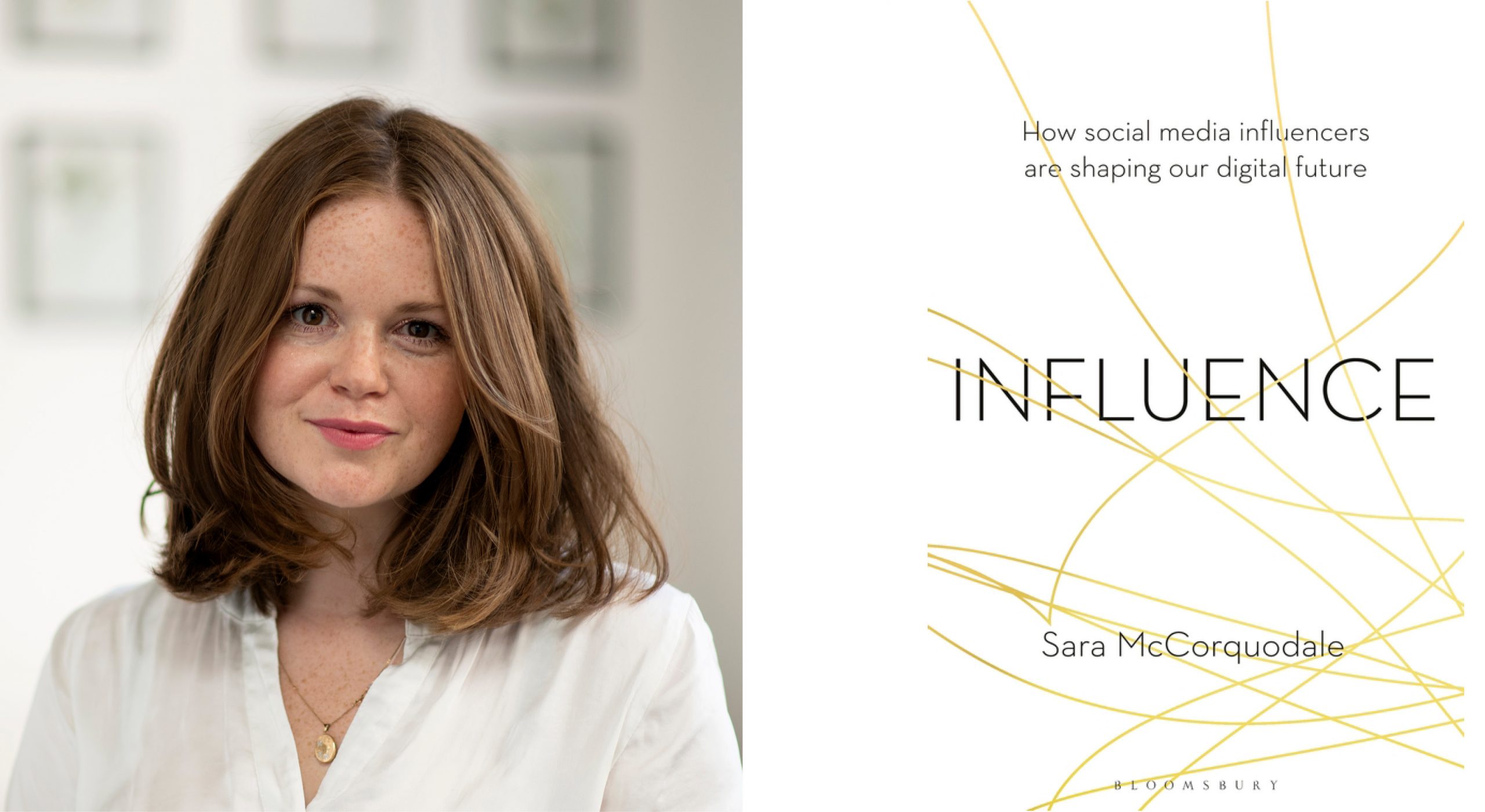




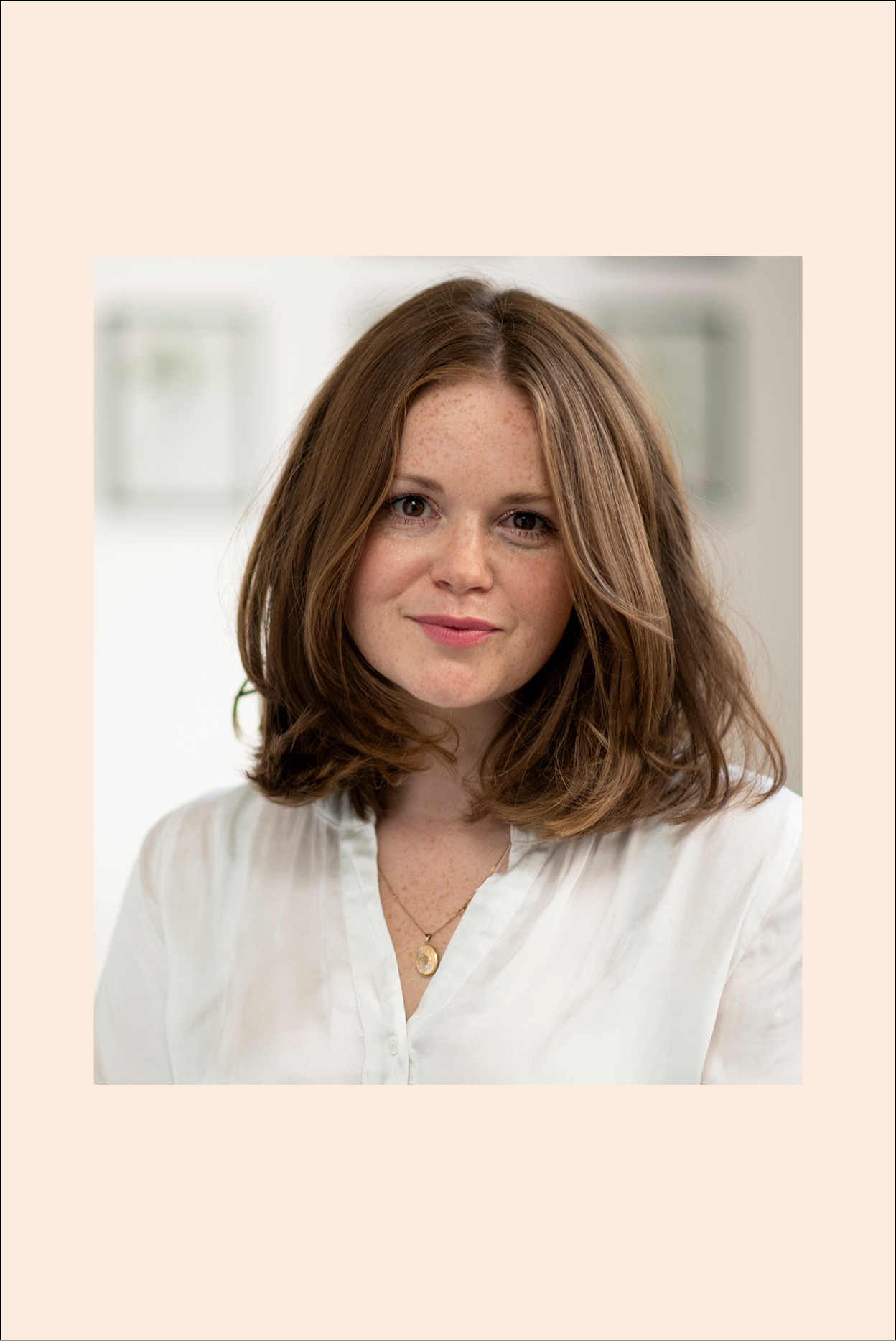
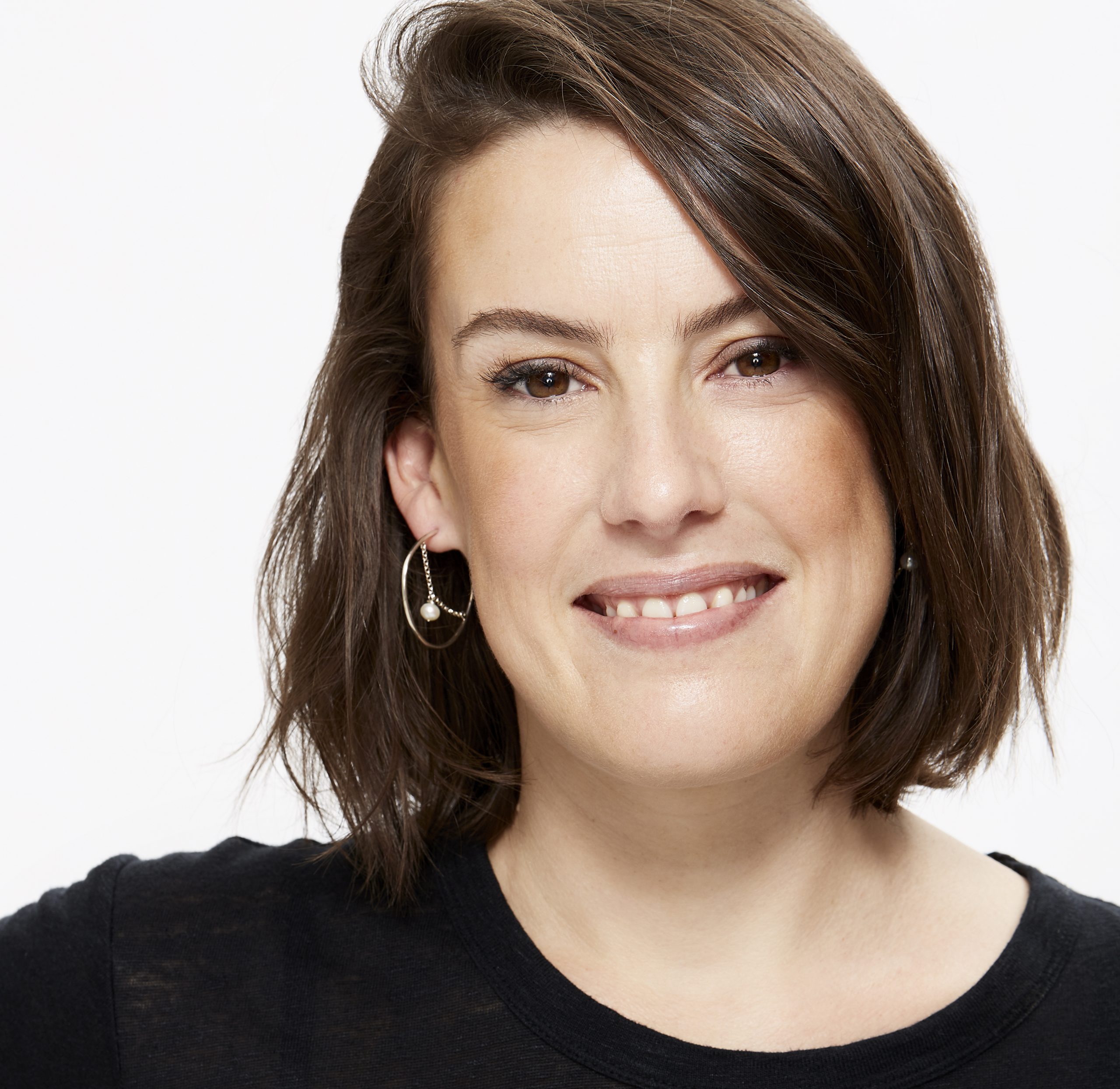


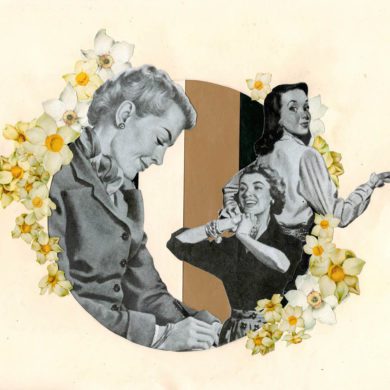
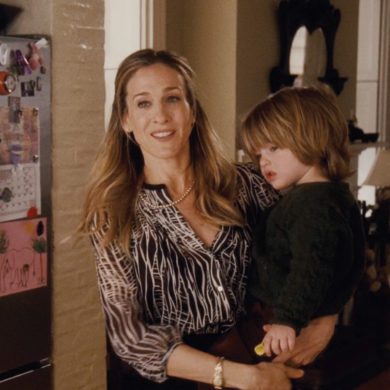
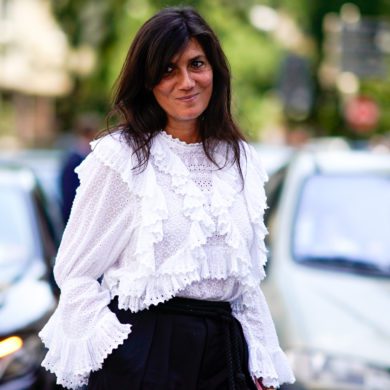


No Comments